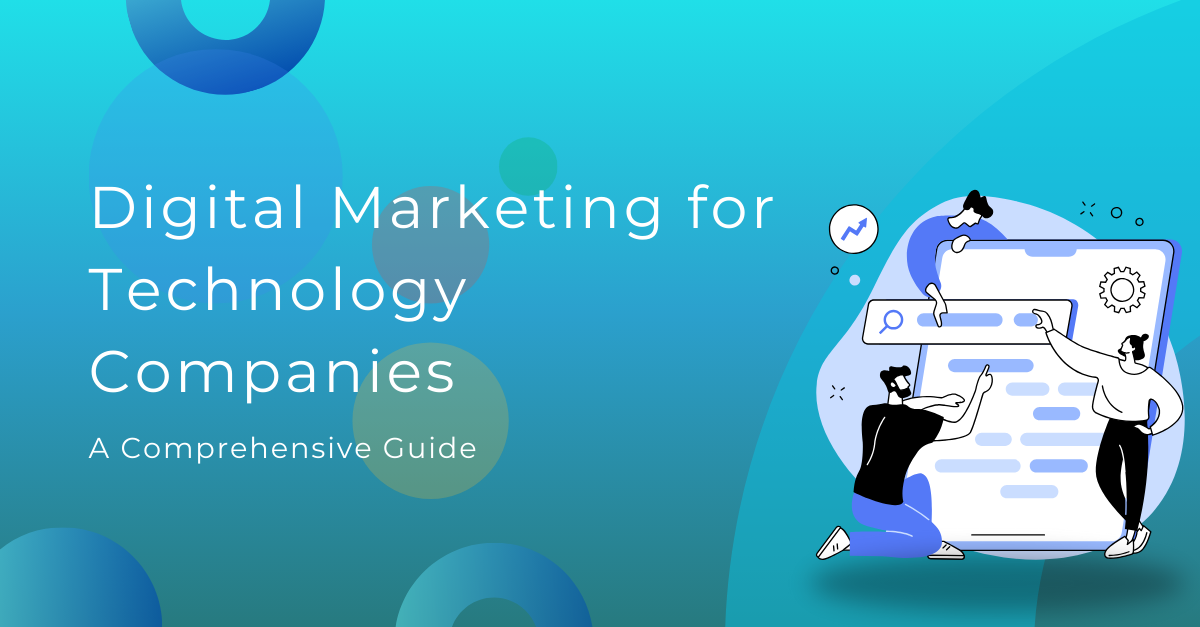Introduction to the Future of Work
The landscape of work is undergoing a profound transformation, driven by technological advancements, changing societal expectations, and global events. Understanding the trends shaping the future of work is essential for businesses and professionals alike.
Remote Work Revolution
One of the most significant shifts in recent times is the rise of remote work. Accelerated by advancements in communication technology, companies are increasingly embracing remote work as a viable and often preferable option. The ability to tap into a global talent pool and the flexibility it offers to employees are driving this revolution.
Automation and Artificial Intelligence
Automation and artificial intelligence are reshaping job roles across industries. While some tasks become automated, new opportunities emerge that require human skills such as creativity and emotional intelligence. Upskilling and reskilling initiatives are crucial for ensuring the workforce remains relevant in this automated era.
Gig Economy and Flexible Work Arrangements
The gig economy is thriving, with an increasing number of workers opting for flexible arrangements. This trend offers benefits such as autonomy and diverse opportunities but also presents challenges like job insecurity. Striking a balance between flexibility and stability is a key consideration for both employers and gig workers.
Focus on Employee Well-being
The future of work places a heightened focus on employee well-being, recognizing that a healthy workforce is a productive one. Mental health considerations, along with initiatives promoting work-life balance, are gaining prominence. Companies that prioritize their employees’ well-being create a positive and sustainable work environment.
Digital Transformation in the Workplace
Digital transformation is no longer a choice but a necessity for businesses. Integrating technology into various aspects of work enhances efficiency and collaboration. Advanced communication tools, project management software, and automation systems are becoming integral parts of the modern workplace.
Diversity, Equity, and Inclusion (DEI)
DEI is not just a buzzword but a crucial aspect of the future of work. Embracing diversity in the workplace leads to increased innovation and better decision-making. Companies are adopting strategies to foster inclusivity, recognizing the importance of a diverse workforce in a rapidly changing world.
Hybrid Work Models
Hybrid work models, combining remote and office work, offer a middle ground that suits both employers and employees. Managing hybrid teams effectively requires thoughtful policies, robust communication channels, and technologies that facilitate seamless collaboration.
Emphasis on Continuous Learning
The future demands continuous learning as a necessity rather than an option. Lifelong learning initiatives, both at the individual and corporate levels, ensure that professionals stay ahead in their fields. Companies investing in the ongoing development of their workforce are better positioned to adapt to changing circumstances.
Leadership in the Digital Age
Leadership styles are evolving to meet the demands of the digital age. Adapting to remote work, leading diverse teams, and fostering a culture of innovation are key components of effective leadership. Leaders who embrace change and empower their teams are better equipped to navigate the complexities of the future workplace.
Globalization and Cross-Cultural Collaboration
The future of work transcends geographical boundaries. Companies are breaking down barriers to collaboration, tapping into global talent, and navigating cross-cultural differences. Understanding and appreciating diverse perspectives are crucial for successful cross-cultural collaboration.
Sustainability in the Workplace
Environmental responsibility is gaining traction in the business world. Companies are integrating green initiatives into their operations, promoting sustainability in the workplace. Beyond corporate social responsibility, sustainability practices contribute to a positive corporate image and long-term business resilience.
Data Privacy and Security Concerns
As work becomes more digitized, data privacy and security concerns come to the forefront. Protecting employee and company data is non-negotiable. Compliance with privacy regulations and implementing robust cybersecurity measures are essential components of the future workplace.
Agile Work Practices
Agility is a cornerstone of the future of work. Beyond traditional IT contexts, agile work practices are becoming pervasive. Flexibility and adaptability allow companies to respond swiftly to changes, fostering a culture that embraces innovation and continuous improvement.
Conclusion
The future of work is dynamic and multifaceted. Remote work, automation, employee well-being, and digital transformation are just a few facets of this evolving landscape. Businesses that proactively embrace these trends and adapt their strategies will be well-positioned to thrive in the rapidly changing business world.
FAQs
How can businesses balance flexibility and stability in the gig economy?
Businesses can offer gig workers flexibility while providing stability through clear contracts and benefits.
What skills are crucial for the workforce in the age of automation?
Skills such as creativity, emotional intelligence, and adaptability are essential in the age of automation.
How can companies promote diversity, equity, and inclusion in the workplace?
Companies can promote DEI through inclusive hiring practices, training programs, and fostering an inclusive culture.
What are the key considerations for managing hybrid teams effectively?
Clear communication, robust technology infrastructure, and thoughtful policies are key considerations for managing hybrid teams.
Why is sustainability important in the workplace?
Sustainability contributes to a positive corporate image, attracts environmentally conscious talent, and ensures long-term business resilience.















